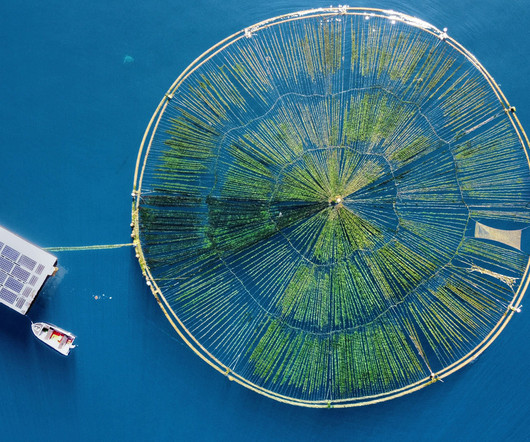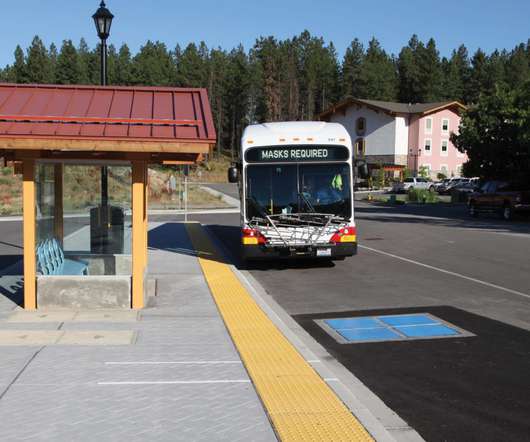Study sees gradual, focused replacement of lead-acid SLI batteries by Li-ion batteries over next couple of years
Green Car Congress
APRIL 1, 2019
The advantages of a lithium-ion SLI battery would primarily be in terms of its longer cycle-life and weight reduction when it is considered as a ‘drop-in’ replacement option for the existing lead-acid battery, which has dominated the SLI application market for the last 100 years. —Ferg et al. Schuldt, J. 2019.03.063.















Let's personalize your content